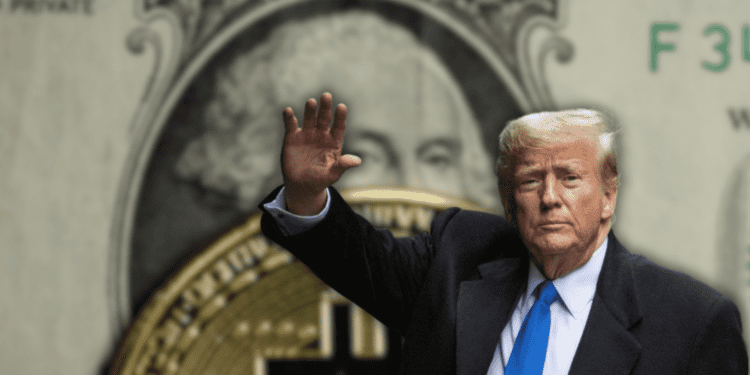- Donald Trump could potentially secure a significant Bitcoin (BTC) reserve for the US Treasury by taking the 210,000 BTC already held by the USA and timelocking those coins for 100 years.
- Two potential legal frameworks for Trump to elevate Bitcoin as a strategic reserve asset: 1) Utilizing the Exchange Stabilization Fund to allow the Treasury Secretary to purchase Bitcoin, 2) Pressuring the Federal Reserve to use its emergency powers under Section 13(3) to set up a vehicle for purchasing Bitcoin.
- Government pension funds could potentially be encouraged to invest in Bitcoin through regulatory adjustments to the Federal Employees’ Retirement System Act of 1986.
Donald Trump’s advisor David Bailey has been exploring ways that the US government could acquire and hold Bitcoin as part of the nation’s strategic reserves. This unprecedented move has generated substantial discussion among policy experts about its feasibility and potential impacts.
Mechanisms for Acquiring Bitcoin Reserves
There are two primary legal frameworks the Trump administration could use to obtain a sizable Bitcoin reserve
Utilizing the Exchange Stabilization Fund: The ESF allows the Treasury Secretary to deal in assets like gold and foreign currencies to stabilize the dollar. An executive order could designate Bitcoin as a “foreign exchange” asset under the ESF.
Pressuring the Federal Reserve Using Emergency Powers: The Fed could create a lending facility to buy Bitcoin, arguing it is responding to “unusual and exigent circumstances.” However, experts note this would stretch the Fed’s legal authority.
Challenges and Alternatives
Experts question whether the Fed route is feasible given legal constraints. However, the ESF approach is more viable if framed as reallocating reserves. Alternatives like investing government pension funds in Bitcoin may also face regulatory hurdles.
Conclusion
While acquiring Bitcoin as a strategic reserve asset would be unprecedented, the Trump administration has some legal pathways to pursue this policy goal. The feasibility and wisdom of such a move remains hotly debated among financial and policy experts.














